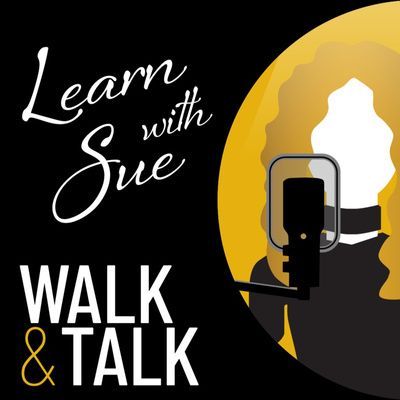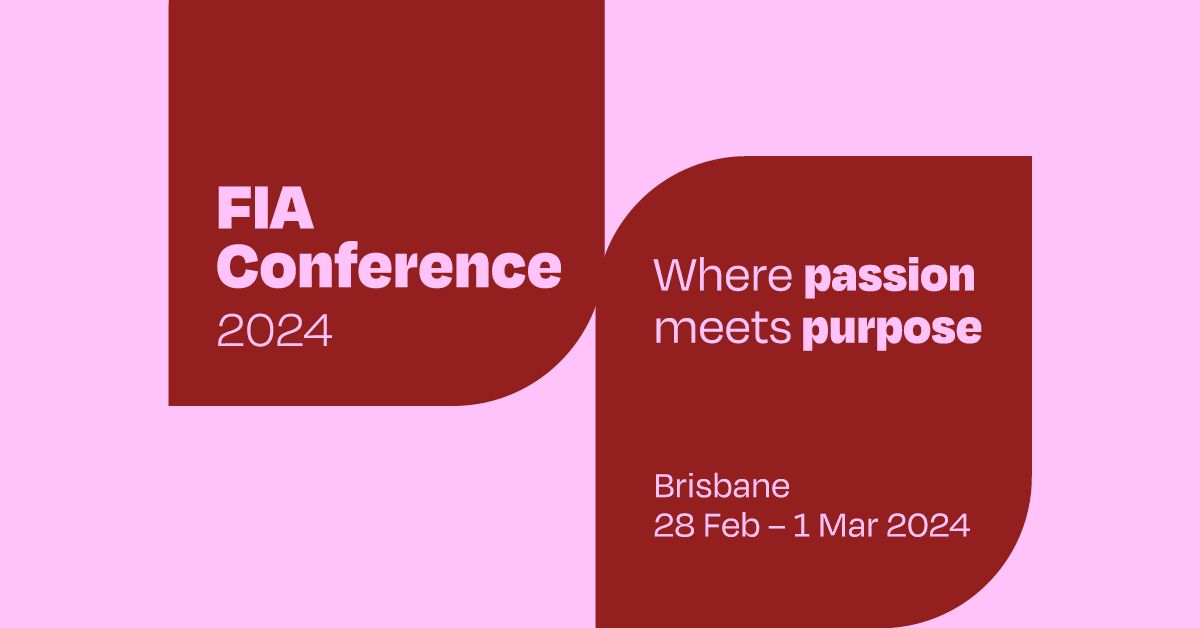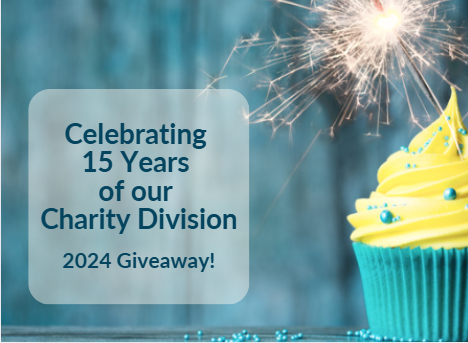Celebrating Our Uniqueness - Why leaning into our personal strengths is more important than ever
In the first of a series, Rebecca Rynehart, from our Career Coaching and Transition Team talks to Leanne Warner about our different types of strengths, how to make the most of them and why they are important.
Rebecca: Leanne, our Career Coaching and Transition Team at Beaumont People encourage and support individuals and businesses to delve into their strengths as a crucial step in carving out their path and our packages include this as a vital step in the process. We believe that awareness of our strengths and characteristics is a powerful tool for helping us to navigate work, relationships and all aspects of our life.
Leanne: I absolutely share your view. The lovely thing about strengths is that you have them within you so it's not something you have to go out and buy or wish you had or try to acquire. They are always there.
What we know from neuroscience is that you really do need to allow your brain to be fueled in the best way possible so that you can remain centred, think clearly and be able to make good decisions in order to live and work most effectively. One of the optimum ways to fuel your brain is to use positive emotion and the greatest thing about strengths is that they will automatically create positive emotion! If you're working within your strength field, you will automatically be feeling energised, capable and confident because working in your own strength is effortless and enjoyable.
It also gives you the fuel for tougher decision making. Your strengths are always available when you dial up your self-awareness to use them. So you do need to listen to yourself around where you feel good and where you don't feel good. Using the Strengths Profile (www.langleygroup.com.au) is useful to learn how to identify the difference between a realised strength, an unrealised strength, a weakness and a learned behaviour.
R: What is a learned behaviour? How do we pick up our learned behaviours?
L: A learned behaviour is something you perform well, however, it will feel draining for you. So while you will still perform well, you will feel that sense of “okay, gee, I'm glad that's done.” Or “wow, I'm exhausted.” Learned behaviours are always the ones that leave us flatter than working in our realised or unrealised strengths. For example, you may be in a job where you are adapting yourself to fit into the requirements of the role. An example may be using attention to detail. Perhaps you are doing it very well because you're really focused on it as an important part of the job. If ‘detail’ was a realised strength you would feel buzzy and energised by that, however, if it feels a little more of an effort and drains you, then it’s more likely a strength you have ‘learned’ to work with. Only you will know if ‘detail’ is a realised strength or learned behaviour- from a third person’s perspective, either way, they will think you perform it well and keep giving you more of that work to do! It is for us to educate others about what we like to do and why, and being energised enhances our engagement.
R: So what is a weakness versus a learned behaviour?
L: There’s a correlation between learned behaviours and weaknesses because weaknesses also feel draining. However, the difference with weaknesses is that you don't necessarily have the capability and working in that way, also leaves you drained. We need to understand if working with these weaknesses is role critical. If it’s not then the research around high performance suggests that we should not aim to improve it, we can relax and focus elsewhere. However, if it is role critical, we may need to look at strategies to engage other strengths in our portfolio to help us. If for example you have ‘innovation’ as a weakness but it is a requirement for your success in the role, you may benefit from having others in the team with this strength around you to bounce ideas or if you have other strengths such as mission or strategic awareness, these may help you re-lens the opportunity or challenge, and create a new perspective or way forward.
R: What is your personal opinion on turning your weaknesses into strengths or even learned behaviours?
L: Yeah, good question. What we know from science, is that dedicating time to endeavouring ‘fix’ your weaknesses is not likely to be very successful. Even if you committed a hundred percent of your effort to improving, you might get a 10% return on that effort. The general advice is to merge with or dial-up, a realised or an unrealised strength that will help you to still complete the task or at least gain the positive mindset to do it.
I've got my Strength Profile here just so that we can use some examples from that. So adherence is a weakness of mine, but I do have compassion as an unrealised strength. So to complete a task that was compliance or rules-based like reviewing a contract, I could lean into my compassion or curiosity to understand why it was necessary to do it and how it would help others. I also have resilience as an unrealised strength. So if it was something that was necessary for me to learn in order to evolve and to get better at, I could dial up my resilience to complete the task. Optimising strengths allows you to start to think about the work differently.
R: By thinking differently, strengths help to shine a light on other parts of the situation. You can look more kindly upon something because it is more aligned to your effortless, energy-giving strength. Is that right?
L: Yes, it's really interesting to be able to leverage and play around with your strengths in that way to help you. It evolves in all aspects, but you can't do that without having self-awareness which comes from tapping into the energy and taking the time to reflect. For example “Wow I had a really good day today! What did I do today that enabled me? What were the elements of strength that I used today?” You know that you're really working well-spotting strengths if you can find yourself listening to your own voice getting animated, your whole body language changing, and you can use it when you are in 11’s or client meetings to try to identify others strengths by watching them physically and listening to the words they use which will always be more enthusiastic when in strength.
You will be able to see the signs of when strengths are in play and when they're not, like when we are just a bit distracted and we're kind of procrastinating. So for example, it's still on the list and has been on the list for three days and it's not moving off the list. These are generally the areas that are either learned or weakness areas and unlikely to be strengths.
Strengths are like a lens. If we approach that same task on the list with a different lens it may make it easier to tackle. For example, imagine you have database work to do. If I used the previous example, if I set about this task trying to draw on adherence, this would be less successful than drawing on my realised strength of “service’ which allows me to do it so others can find the information they need. Or another example with my strength of humour you could say, “I'm going to have an Hour Of Power with the database. Here we go!” And so you put on some really cool music and you tackle it as a fun exercise. Psychologically and emotionally that feels more joyful because you're working with strengths.
One of the great tips in strengths is, if you know you have something that you don't enjoy doing and it drains you, try and do a task that does light you up beforehand and then another task that lights you up afterwards.
R: Great tip. One of my favourite parts of the Strengths Profile is the unrealised strengths that are more subtle and we are less aware of. What are these and how do we tap into them?
L: Yeah. This is tricky because they are unrealised the individual may not know about them. They are like a little pot of gold that we haven’t discovered yet so it's important to try to draw them at. As a candidate or a client interviewing for this, one way is to ask someone: “What was the last job that you really loved, and why were you at your best in that role?” People will usually relay a whole series of activities, events, responsibilities that they had in that job. And then you observe “That job sounds like you had lots of personal responsibility. You were really focused on connecting and it was a deadline-driven environment, but you really loved meeting those deadlines.” Yes. Yes. Yes. “So do those same conditions exist in your current job?” And they may say “No. I don't get to do that anymore because back then I was an acting manager. I now don’t have the same team or project focus." That’s when these unrealised strengths are often revealed.
The great thing about unrealised strengths is that chances are, they may have once been realised. It's just that for whatever reason at the moment you are not able to tap into them. Your strengths can move up and down and be realised or unrealised. Our goal is then to find ways to unleash these unrealised strengths, if not at work, even in our own time or in our personal lives.
R: What's your final message for people reading this?
L: If I had a wish it would be that everybody taps into learning more about their strengths and they talk about them and practice using them. I also would love people to work towards celebrating the diversity of others strengths and encouraging everyone to bring their best self to a team. High performing individuals and teams use Strengths as their language and their tool kits. That’s particularly useful during uncertain and challenging times such as these- it is great to use your own unique collection of strengths to give you energy and direction. Sounds good?
R: Excellent goal for us all. Thanks for now Leanne.
At Beaumont People we believe in Placing People First, creating a strong match with candidates and companies. Identifying and working with your strengths can be very beneficial for both the Job Seeker and the Organisation. Both parties can have a really solid conversation about the needs of the role and the needs of the candidate especially at the interview stage and especially if the organisation has considered the strengths required for the role.
In the second part of this series Rebecca and Leanne look at applying strengths at work, within teams and the crucial role that leaders play in this scenario.
The Beaumont People Career Coaching and Transition Team provide professional advice and guidance to both individuals and companies who are taking a new direction at this time.
We help you to navigate through these changing times with a personalised, one on one experience including supporting tools and documentation, to enable you to carve out a clear pathway for yourself, your business or your team.
Building on our 19-year expertise, we service the nation remotely to offer a range of solutions and tailored programs including:
- Job Search, Selection and Career Coaching for Individuals and Teams
- Career Assessment and Strategy – Single or Multiple Sessions
- Outplacement Services including 1:1 and Group Sessions
- Interviews, Networking and Polishing Your Pitch
- Linkedin Profiling, Bio and Resume Writing
- Social Media Strategies and Leveraging Your Personal Brand
- Strengths Assessment and Coaching for Individuals and Teams
- Workshops including Hiring and On-boarding Virtually and High Performing Virtual Teams
- Ongoing Support Through Online Resources, Tools and Sessions with Dedicated Experts
Businesses can access our many complimentary tools including webinars, articles, downloadables and podcasts which include The Leadership Series.
For jobseekers or if you have friends or family members seeking work at this time, please note that we also provide extensive complimentary support for jobseekers through our resources and webinars. If you are looking to transition into a new sector or career, check out a recent article on this topic here or for some practical job seeking tips and article here from Liska Turner one of our Career Coaches and Consultants at Beaumont People.
For a more personalised, one on one experience with supporting tools and documentation, our Career Coaching and Transition team offer expert support and online training with packages starting at $324. Contact us for more information and to talk through options.
Share This blog
Recent Articles











